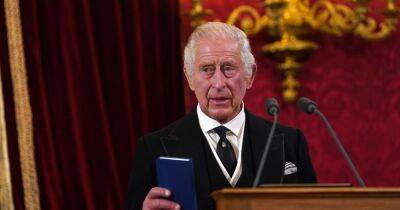What types of exercise do you need to reduce dementia risk?
Experts had long believed that exercise could help protect against developing dementia. However, though they had observed a general pattern of reduced risk, studies on the subject had been small – and often conflicting – with little consensus on the type, frequency or intensity of exercise that might be best.
“There’s no real clear prescription that we can provide for physical activity,” said Dr Joel Salinas, an assistant professor of neurology at New York University’s Grossman School of Medicine, who specialises in treating people with dementia.
But three major long-term studies released in recent months have attempted to characterise the types, intensities and durations of physical activity that confer the most overall protection against dementia. These studies, which followed thousands, and even hundreds of thousands, of people for years at a time, confirm that regular physical activity, in many forms, plays a substantial role in decreasing the risk of developing dementia.
Vigorous exercise seems to be best, but even non-traditional exercise, such as doing household chores, can offer a significant benefit. And, surprisingly, it’s just as effective at reducing the risk in those with a family history of dementia.
MANY FORMS OF EXERCISE CAN STAVE OFF DEMENTIA
In the first study, published Jul 27 in the journal Neurology, researchers analysed the health information of 501,376 participants who did not have dementia in a British database called UK Biobank to establish links between physical activity and the risk of developing the disease.
One of the main advantages of this database was that it had “very enriched data about the genetics” of the participants, said Dr Huan Song, a researcher at West China Hospital, Sichuan








